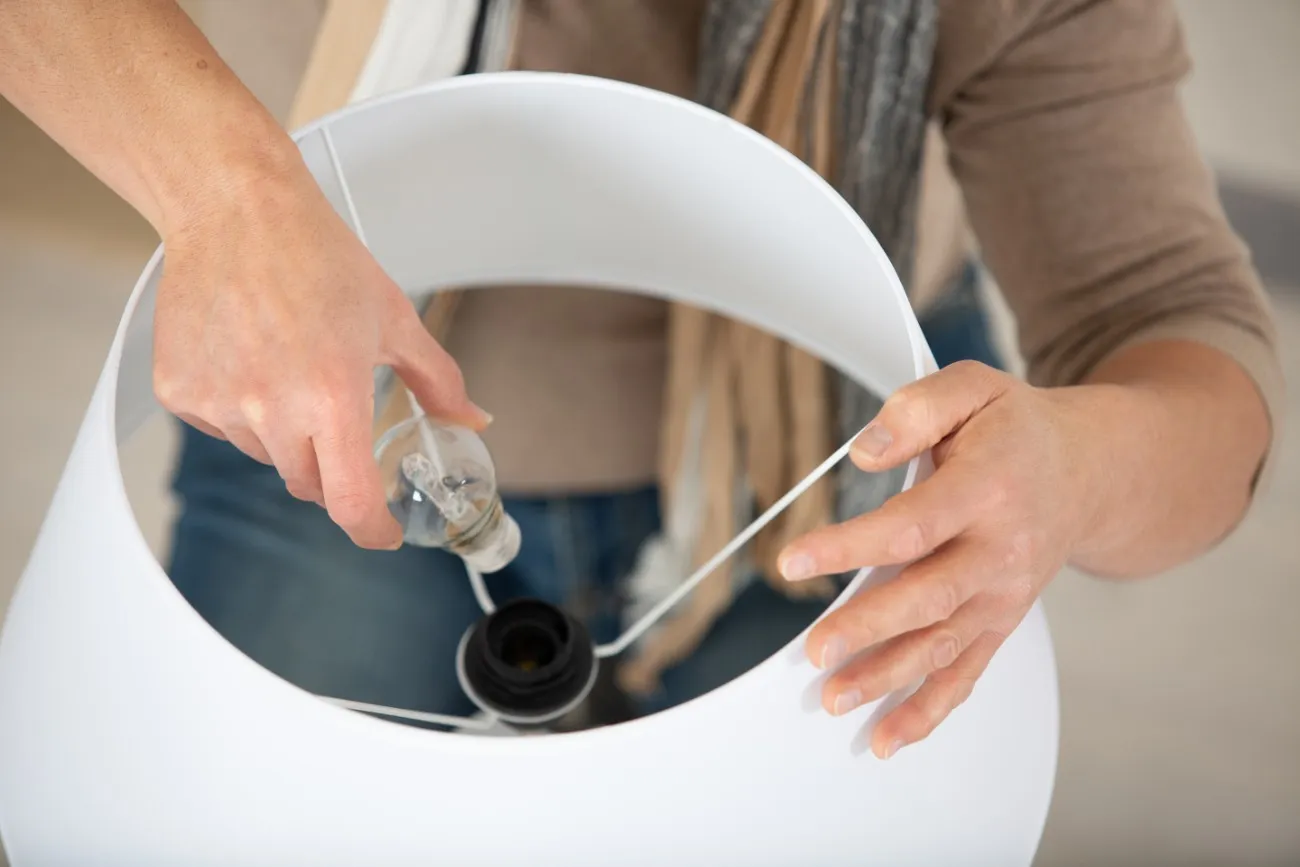Old and new homes consume a lot of energy. In fact, the average U.S. household consumes 48 percent of energy solely for heating and cooling each year. This is bad for the environment and your energy bill, but making your home more energy efficient can solve this. There are small and big home improvements that will help you conserve energy and save money long term, in addition to other benefits.
Not everyone has the luxury of buying a new home that’s certifiably energy efficient. Luckily, there are ways you can convert your current residence and reap the benefits. Here are the basics of turning your home energy efficiently.
Why Your Home Should Be Energy Efficient
There are a number of factors that determine an energy efficient home. The idea is to improve your home’s energy performance so it consumes less, and this involves homeowners adjusting their habits.
Traits of an energy efficient home include:
- Airtight construction
- Air-sealing
- High-performing windows
- LED lighting
- Better insulation
- High-performing equipment
Making your home efficient can be a pricey investment. But you can also save money in the long term by implementing these factors into your home. It’s a cost-effective way to lower your monthly utility bills by consuming less energy.
Another perk to having an energy efficient home is it becomes a more attractive listing once you’re ready to sell. Adding some new upgrades into your house will raise its resale value and put more money in your pocket, as well as attract buyers looking for a modernized home that doubles as efficient.
Not only will an energy efficient home benefit you, but it will also help the environment. Climate change is a serious issue the world is facing, and lowering your consumption of energy can reduce your carbon footprint.
Easy Changes To Make
If you don’t know where to start when making your home energy efficient, there are some easy things you can do now that don’t require a lot of planning or installation time.
Replace Your Lightbulbs
Incandescent light bulbs give off heat and use a lot of energy. Instead, switch to more efficient light bulbs. Halogen bulbs, compact fluorescent lamps and light-emitting diode bulbs are better options all around. They last longer, use less energy and even emit less heat.
Seal The Windows
Hot and cold air seeping through doors and windows outside can make you use more energy to regulate temperature inside. You can seal air leaks from the outside with plastic, insulation or even thick curtains. Don’t forget to also seal possible gaps and cracks in your drywall where small pockets of air can travel. You could also take it one step further by installing new windows specifically designed to conserve energy.
Adjust Your Daily Habits
Being mindful of your daily actions can help your lifestyle become more energy efficient. Easy things like turning off lights or electronics when you don’t need them, unplugging unused devices, and lowering the thermostat when you’re not home are good ways to start. Try making a compost pile with leftover foods, which will reduce the amount of trash you produce and create fertilizer for your yard in the process.
Bigger Changes To Make
Some energy efficient plans come at a greater cost that you’ll need to save for, or involve more labor to produce. These are also the types of things that will take your home’s efficiency to the next level and raise the property’s value.
Switch To Efficient Appliances
Consider replacing your current appliances with products that are ENERGY STAR certified. These are modern devices that work well and consume less energy. Appliances you can switch include everything from your dishwasher, laundry machine, dehumidifiers, fridges, fans and more.
Start buying smarter power bars with a timer. This can turn off your devices overnight when you’re not using them and prevent letting consumed energy go to waste. You can also make this a habit of your own by unplugging things in general when you’re not using it.
Improve Your Insulation
The best way to prevent cold or hot air from entering from traveling throughout your home is with insulation. Sealing with makeshift insulation is a good temporary fix, but insulation will last longer and act more efficiently. Installing it in your attic is one place that will make a big impact on your home’s overall temperature and utility bill.
Get Solar Panels
Solar panels aren’t cheap, but they’re efficient and environmentally friendly. They use the power of the sun to heat water and generate electricity. It will reduce both the amount of fossil fuel usage and save you money.
Consult A Professional
You might not be able to pinpoint where your home lacks energy efficiency, but a professional energy auditor can. This inspector can examine your home and identify the areas where it makes sense to improve. They might notice things you wouldn’t think of, making it an investment that can redeem itself in the long run.
Search Online For Energy Efficient Strategies
There are plenty of reasons to make your home energy efficient. It can lower the cost of your monthly utilities, increase your property’s resale value and modernize your home. Most importantly, it will help reduce your carbon footprint and help the fight against climate change.
You can also look to companies that specialize in energy efficiency for more guidance on where to start. For example, the ENERGY STAR program is a government-backed business that’s been certifying homes since 1992. They have helped save more than four trillion kilowatt-hours of electricity and helped more than 98,000 homes convert their home in 2019 alone.
Search online to learn more about energy efficient home improvements you can try. You can also find local energy auditors to help guide you through the process and advise you to change. Even the smallest changes and lifestyle adjustments can improve your home’s efficiency.
